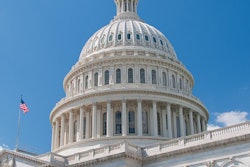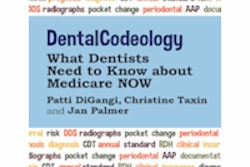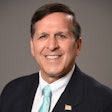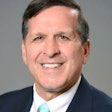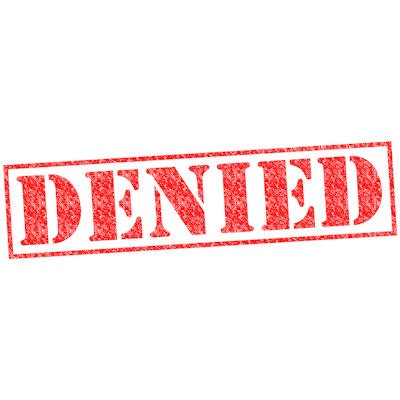
Dentists may get a temporary reprieve from a U.S. government program designed to get a handle on the country's opiate crisis. The U.S. Centers for Medicare and Medicaid Services (CMS) said it has delayed by two years the date by which dentists must be enrolled with the government to be able to prescribe powerful Part D drugs such as opiates.
CMS announced that it was moving its Medicare Part D prescriber enrollment rule from 2017 to 2019. The rule requires dentists who prescribe Part D drugs to officially enroll in Medicare to receive reimbursement.
The pushback of the enforcement date is seen as a victory by the ADA, which has been opposing the requirement for dentists for several years. However, the enrollment rule will still be enforced in 2017 for some providers, such as those with a recent felony conviction.
"We are phasing in enforcement of prescriber enrollment between now and January 1, 2019, in order to help strike the appropriate balance between minimizing the impact on Medicare beneficiaries and protecting the Medicare Trust Funds," Tony Salters, a CMS spokesperson, wrote in an email to DrBicuspid.com. "CMS will conduct special outreach and enrollment to prescribers based on their prescribing patterns of schedule II drugs, prioritizing the prescription of opioids as well as [the] high volume of Part D prescriptions."
Phasing in enrollment
In 2013, CMS redefined the term physician/practitioner to include dentists, and federal officials announced in 2014 that CMS will be requiring all eligible practitioners who prescribe Medicare Part D drugs, such as opioids, to be enrolled in the program. The requirement to either enroll in Medicare or sign an opt-out affidavit was previously scheduled to go into effect on February 1, 2017, but CMS pushed back the requirement for most dentists to January 1, 2019.
Until enforcement for all prescribers goes into effect in 2019, CMS will begin a phased enrollment process. The plan includes the following steps:
- Enforce the prescriber enrollment requirement in the second quarter of 2017 for individuals who are currently excluded by the Office of Inspector General, revoked by the Medicare program, or have a felony conviction within the last 10 years.
- Create a way for prescribers to easily enroll in Medicare in the second quarter of 2017.
- Target practitioners who prescribe schedule II drugs, such as oxycodone and hydrocodone, or a high volume of Part D drugs in the second quarter of 2017.
- Directly mail or email prescribers who have not enrolled in the program in the third quarter of 2017.
The goal of the rule is to make sure prescriptions are being written by legitimate prescribers who meet the Medicare requirements, according to Salter. The rule will have cost savings, but CMS won't be able to calculate how much until after the new enforcement date, he noted.
"Prescriber enrollment provides CMS a tool to take action against problematic prescribers and is one of many instruments that CMS has to address the growing problem of drug overuse and the abuse of opioid analgesics in the program," Salters wrote. "People with Medicare benefits will be better protected by ensuring that healthcare professionals who prescribe medications covered under Medicare's Part D program and schedule II drugs are enrolled and that their enrollment is monitored appropriately."
ADA response
The ADA has been working to change the enrollment requirement for dentists since 2014; this is one of the advocacy issues listed on its website. Most recently, in September, the ADA submitted a letter asking CMS to delay enforcing the prescriber enrollment rule, which was then scheduled to go into effect in 2017.
"The ADA contends that CMS already has access to the information needed to maintain program integrity through the dentists' National Practitioner Identification (NPI) numbers and adverse event reporting maintained through the National Practitioner Data Bank (NPDB)," the ADA wrote.
The ADA also previously pushed legislation, HR 4062, that would allow some nonenrolled professionals, such as dentists, to prescribe Medicare Part D drugs. The ADA has been told the bill will be reintroduced next year, according to Michael Graham, senior vice president of ADA government and public affairs.




